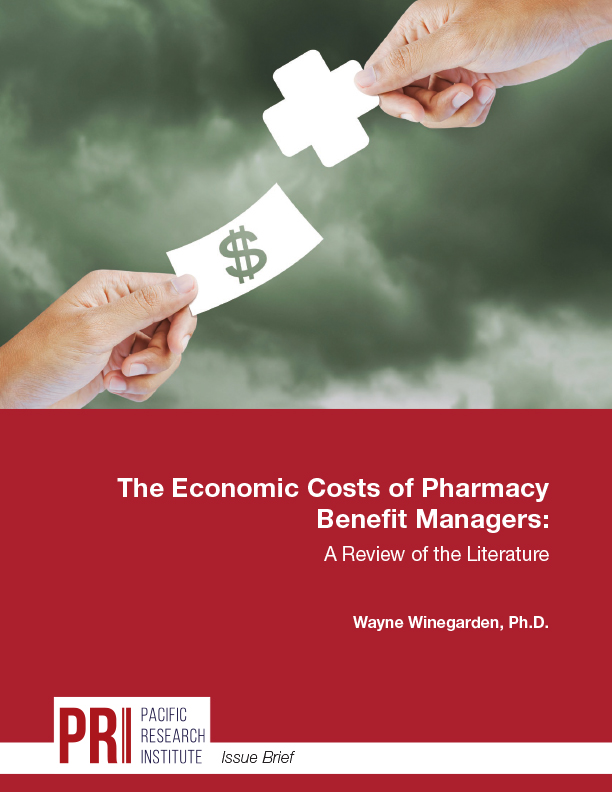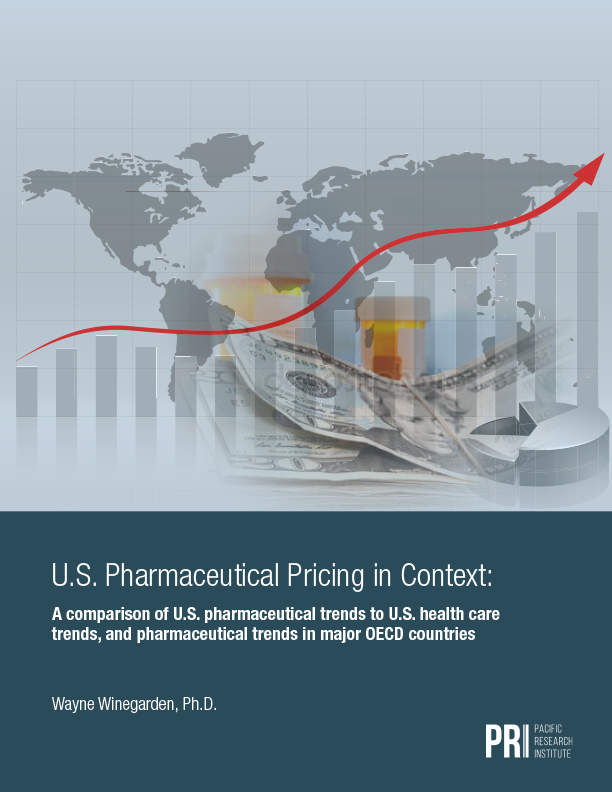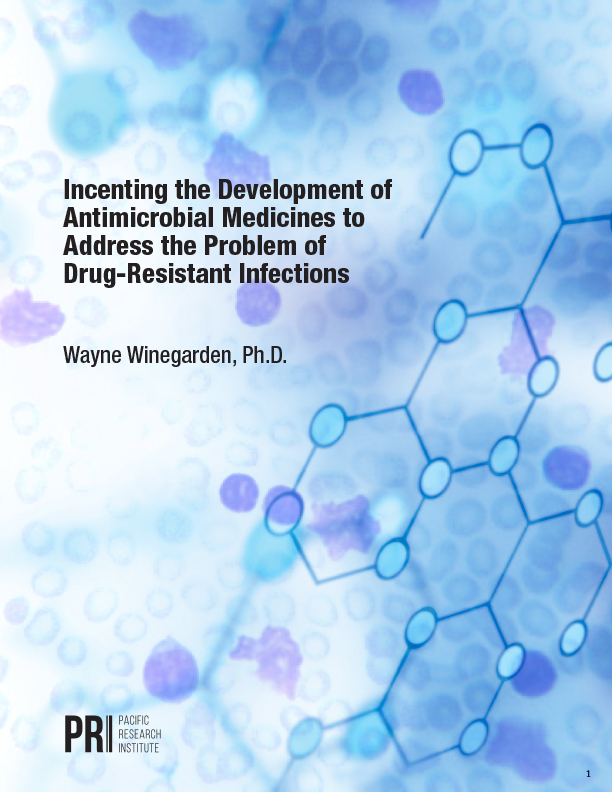Rising Regulatory Burdens, Declining Health Outcomes
Tweaks do not turn bad regulatory proposals into good ones. Yet, with only minor modifications, Congress is once again considering the CREATES Act (Creating and Restoring Equal Access to Equivalent Samples Act of 2017), and its close cousin, the FAST Act (Fair Access for Safe and Timely Generics Act of 2017). Regulatory analyses quickly become detailed, and, frankly, quite boring. However, as the size and scope of the regulatory burden continues to grow, so does the negative impact on our economic...




